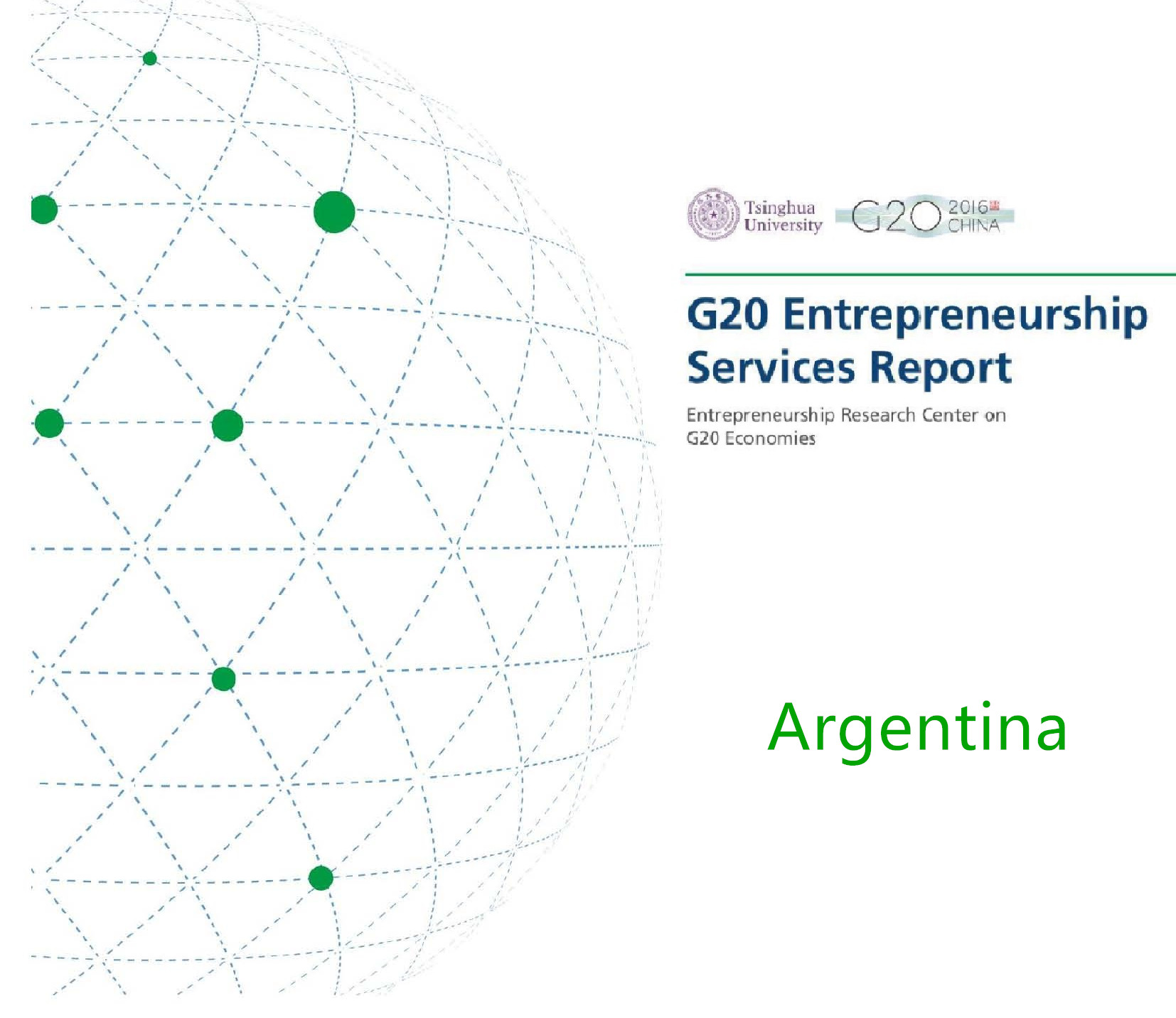
Summary
The core philosophy of Argentine innovation and entrepreneurship is to strengthen economic competitiveness, improve living quality, and make scientific and technological forces a conductive contributor to the country’s sustainable development. During Argentina’s first investment forum in November 2017, Argentine President Macri put forward that Argentina needs to enhance entrepreneurship. In the same year, Argentina promulgated the Enterprise Law, which, together with Argentina’s Small and Medium Enterprises Law (2000), Science, Technology and Innovation Framework Law (2001), Intellectual Property Protection Law (1981) and Technology Transfer Law (1981), constituted Argentina’s legal system supporting innovation, entrepreneurship, and development of SMEs.
The Argentine government put forward the National Innovation Plan 2020 in early 2013, explicitly stating that the government’s R&D investment will account for 1.65% of GDP by 2020, and formulated a series of public policies to promote innovation and entrepreneurship and support development of SMEs. The Argentine entrepreneur and SME Secretariat under the auspice of the Ministry of Production (SEPYME) is Argentina’s specialized SME management organization.
The Argentine government launched two important initiatives of tax policies on support innovation, entrepreneurship, and micro, small and medium enterprises (MSMEs): the tax payment “Grace Plan” implemented in 2013 and the special taxation system set up under the Law 27264 effective from 2016. Within the framework of the National Innovation Plan 2020, the Argentine government has implemented the tax payment “Grace Plan” for SMEs since August 1, 2013, which is an important step for the Argentine government to stimulate the development of domestic SMEs through preferential tax system. In the subsequent Law 27264 (which came into effect on August 10, 2016), the Argentine government set up a special taxation system for SMEs. The Argentine government’s financial support for entrepreneurship and SMEs also includes financial subsidies for SMEs and high-tech start-ups, especially for high-tech fields such as information and communication technology (ICT) and biology and other key industrial sectors such as energy. For example, the FONSOFT Trust Fund supports projects for the development of Argentine ICT and projects to start or consolidate the export of software-based SMEs. In addition, Argentina’s sectoral Argentina Fund (FONARSEC) provides subsidies of up to 2.5 million pesos (equivalent to 130,000 US dollars) to high-tech companies.
In 2018, the Argentine government launched the Comprehensive Stimulation Plan for SMEs to provide financial support for innovative enterprises, start-ups, and SMEs. The Argentine Development Strategy 2017 and the Entrepreneurs’ Law (2017) also launched a series of measures to stimulate venture investment. The Argentine government's financing support for start-ups and SMEs has seen certain results. The outstanding loan balance of SMEs posted a year-on-year increase of 51% in 2017 (vs. 31% in 2016).
The Argentine government’s support for entrepreneurs is also reflected in improving the entrepreneurial environment, such as the Entrepreneurs’ Law (2017), simplifying the registration process to enable rapid and convenient establishment of start-ups, and the government subsidizes the development and establishment of start-up incubators and accelerators. The Argentine government's Online Platform for Science and Technology Demand and Technology Transfer integrates science and technology resources and provides technical support for entrepreneurs.
The Argentine government has been placing a high priority on its entrepreneurship education and training. The Argentine government provides both online and offline trainings for entrepreneurs or SMEs, most of which are free of charge, such as the entrepreneurship training program of the Argentine National Institute of Industrial Technology. In Argentina, there are also entrepreneurship training programs for young and women entrepreneurs such as “From the Idea to the Project”, a youth entrepreneurship training program launched by the National Institute of Youth. CRAR is a non-profit organization in Argentina, which mainly provides entrepreneurship training and education for female entrepreneurs. In addition, it serves as a network of platforms for communication and mutual support. Some Argentine universities represented by the University of Buenos Aires (UBA) have also set up incubators while launching entrepreneurship education. Some of these incubators focus on technology-based start-ups, while others specifically support agriculture-based start-ups, or focus on establishing and improving regional entrepreneurial ecology, or cooperate with large enterprises to promote technology commercialization, and work in tandem with international organizations to improve the internationalization of enterprises.